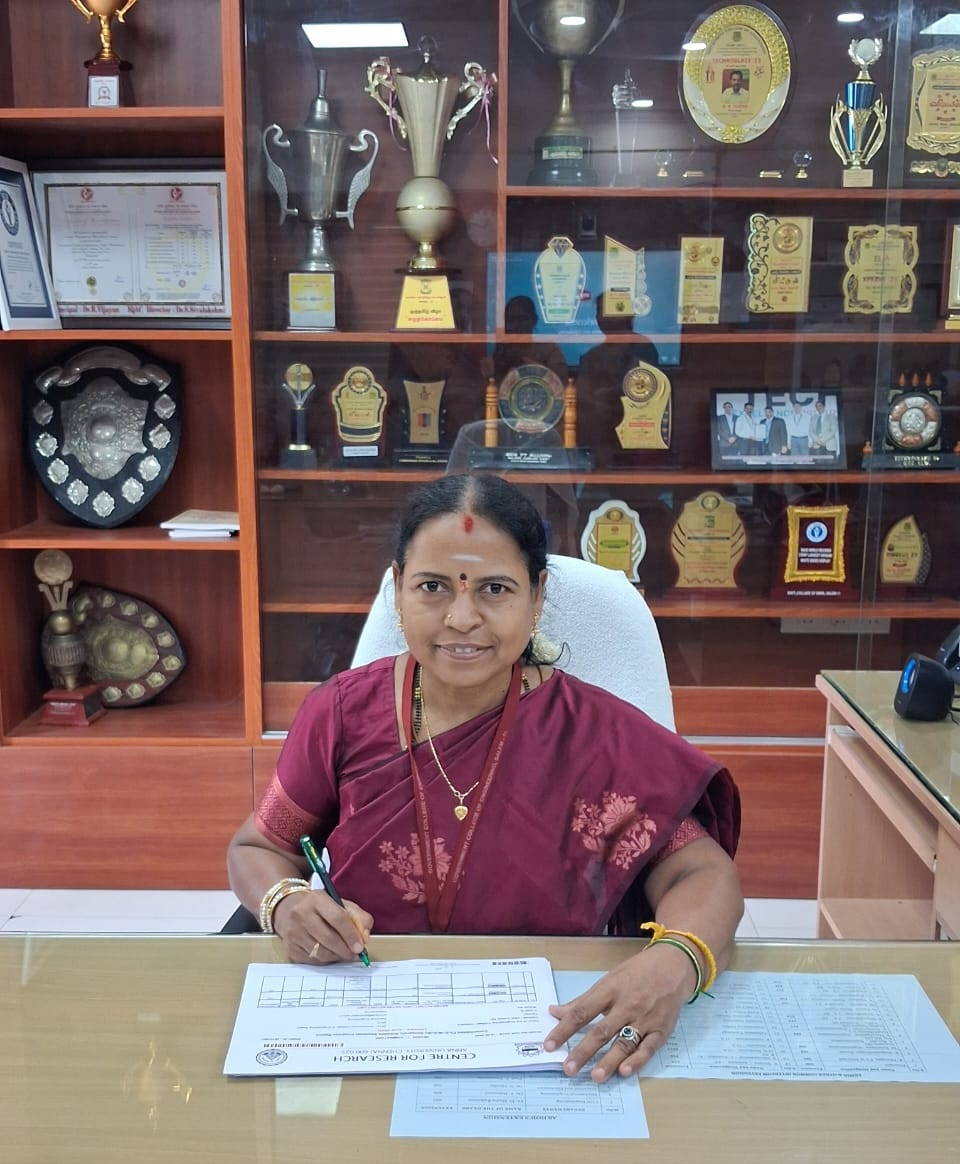UNDERGRADUATE PROGRAMME - POs:
Engineering Graduates will be able to
- PO1: Apply knowledge of mathematics and engineering sciences to the solution of complex electrical engineering problems
- PO2: Identify, formulate, and solve complex engineering problems using multidisciplinary knowledge.
- PO3: Design solutions for complex engineering problems and system design to meet the needs of public considering the health, safety, cultural, societal, and environmental factors.
- PO4: Apply research-based knowledge and research methods to complex problems including design, analysis, interpretation of data, and synthesis of the information to provide valid conclusions.
- PO5: Create, select, and apply appropriate techniques, simulation tools for prediction and modeling of engineering activities with their limitations.
- PO6: Assess societal, health, safety, legal and cultural issues relevant to the electrical engineering profession.
- PO7: Provide the electrical engineering solutions for sustainable development.
- PO8: Apply ethical principles and responsibilities for electrical engineering practice.
- PO9: Function effectively as an individual member or leader in diverse teams, and in multidisciplinary projects.
- PO10: Communicate effectively with the engineering community and with society at large, such as, write effective reports and design documentation, and make effective presentations.
- PO11: Apply engineering and management principles to one’s own work, or in a team, to manage projects in multidisciplinary environments.
- PO12: Recognize the need of lifelong learning for professional development and personnel growth.
POST GRADUATE PROGRAMME - POs:
Engineering Post Graduates will be able to
- PO 1 : Acquire in-depth knowledge in the domain of power electronics and drives.
- PO 2 : Critically analyze various power electronics components, drive models and their operation.
- PO 3 : Apply fundamentals and concepts to analyze, formulate and solve complex problems of electrical power electronics and drive systems and its components.
- PO 4 : Apply advanced concepts of power electronics and drives engineering to analyze, design and develop electrical components, apparatus and systems and to put forward scientific findings at national and international levels.
- PO 5 : Use advanced techniques, skills and modern scientific and engineering tools for professional practice.
- PO 6 : Lead a multidisciplinary scientific research team and communicate effectively.
- PO 7 : Demonstrate and apply knowledge and understanding of engineering principles for project management.
- PO 8 : Devise and conduct experiments, interpret data and provide well informed conclusions
- PO 9 : Function professionally with ethical responsibility as an individual as well as in multidisciplinary teams with positive attitude
- PO 10 : Understand the impact of engineering solutions in a global, economic, environmental and societal context.
- PO 11 : Motivate exploring ideas and to encourage for independent, reflective and lifelong learning.

